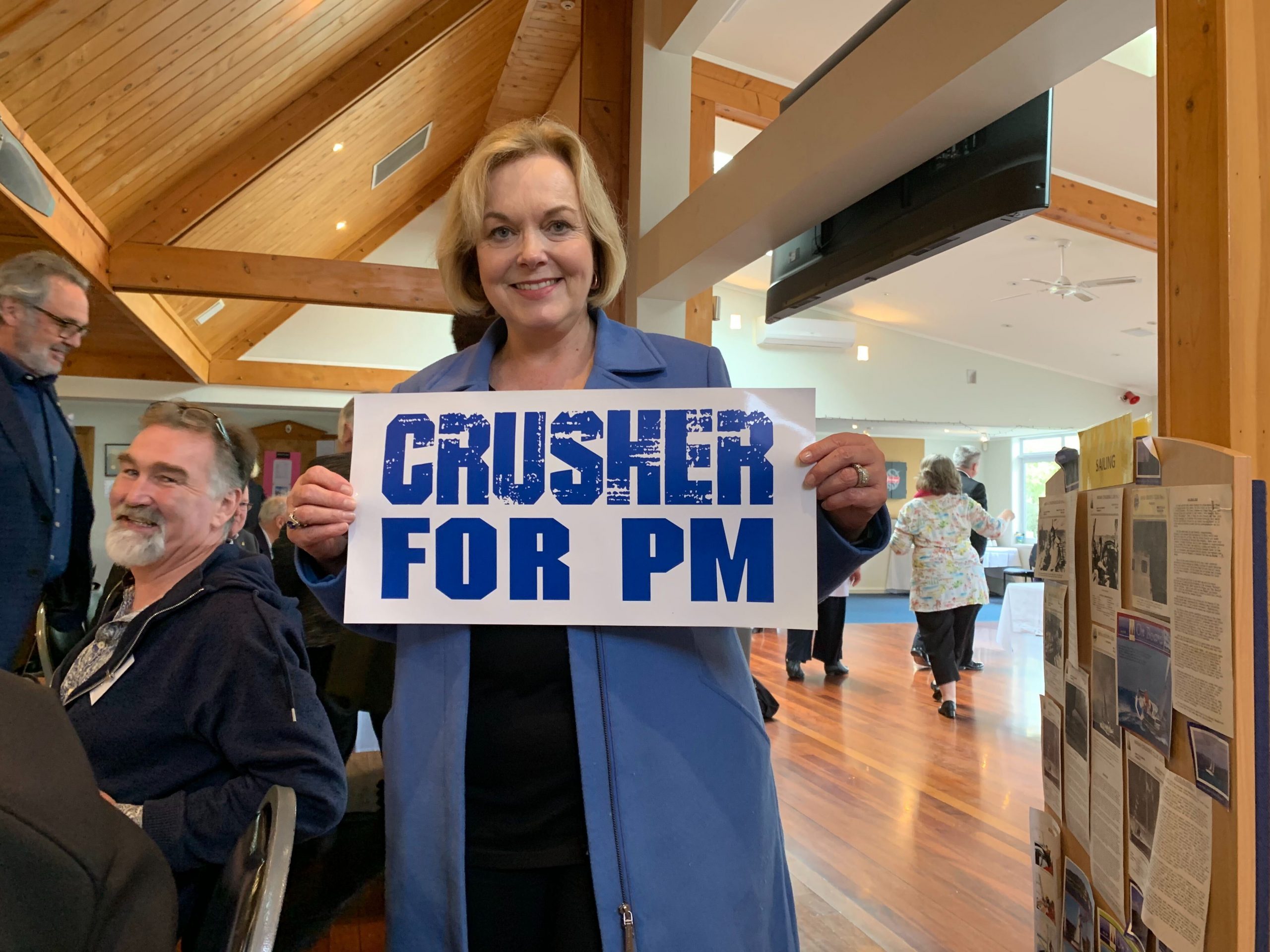I’ve been thinking a bit about Newshub recently asking Judith Collins if she’d accept the result of the upcoming election.
The answers given by my boss were spot on, mostly expressing disbelief at being asked the question in the first place. Ultimately Ms Collins’ answer was along the lines that her Party will, of course, accept the election result, including if that’s a loss but naturally she’s intending to win. That’s as much as we need to say about her answers, as the asking of the question itself was more revealing, in many ways.
For a start, it was highly reminiscent of a line of questioning that was repeated ad nauseam a few years ago. Like many others on this site, I keep an interested eye on US politics when time allows and the 2016 election was no exception. BFD readers may recall Donald Trump being challenged continually to admit that he should accept the result of the election when he lost. Sorry, “if” he lost. Mr Trump’s rejoinder was that he’d accept the result as long as it was legitimately obtained.
BFD readers, and history, will also recall that come mid-November the candidate whose side was reluctant to accept the result was not President-elect Trump (as he’d become) but Secretary Clinton (as she remained). Remember the recounts, petitions to have the electoral college reject the states’ voters’ decisions, various protest marches and pushes in the direction of having the “popular vote” prevail?
Someone challenged me on twitter on this point, noting that of course, it wasn’t Trump who contested the election result because, after all, he was the winner. It’s a fair point, in many ways, because of course, you don’t challenge a result that you’re happy with.
But the more fundamental point remains: the Clinton campaign wasn’t hounded with the question in the first place because it was beyond the imagination of the commentariat that she might not like the election result.
Which brings us back to New Zealand’s election in 2020 and National being asked whether it will accept the voters’ wishes. The context was discussion about delaying the election. As far as I could tell, the same question wasn’t posed to the Greens’ leaders nor Winston Peters, despite both of their respective parties being right on the brink of even returning to Parliament. For them, no less than National, changing the timing of the election could be crucial.
So why is it significant that political reporters would repeatedly ask a Party leader whether she will accept an election result? And why would any MP resist acknowledging the possibility of a loss? In a word: “agenda”. The question, being merely hypothetical, emphasised that National might lose, which was the narrative or agenda being pushed at that moment in time. Like the classic courtroom question (which would be ruled inadmissible by any real-life judge, incidentally), “when did you stop beating your wife?”, it’s the underlying assumption in the question that’s so dangerous to the objective, unbiased pursuit of truth.
I’m sure that some government cheerleaders would have been only too happy for a story to run along the lines of how National will react if it loses. A prophecy told with the intent to becoming self-fulfilling should be called out for the attempted agenda-setting that it is. That’s something that we shouldn’t accept.
If you enjoyed this BFD article please share it.

